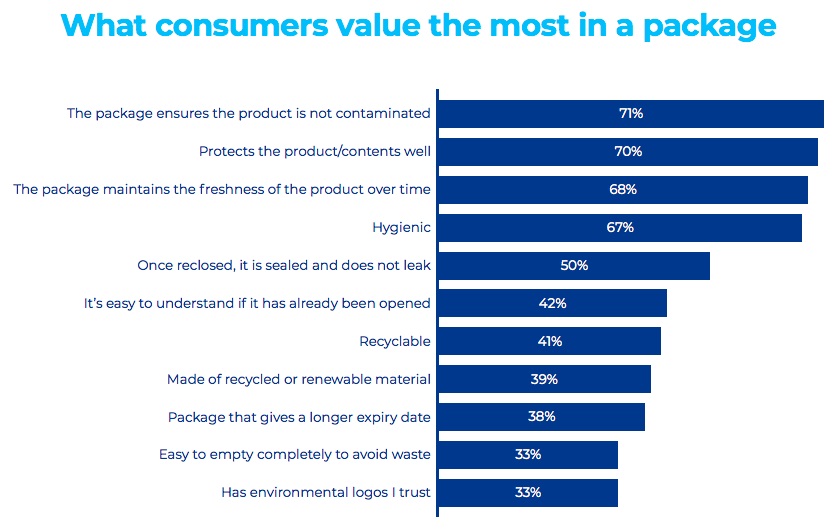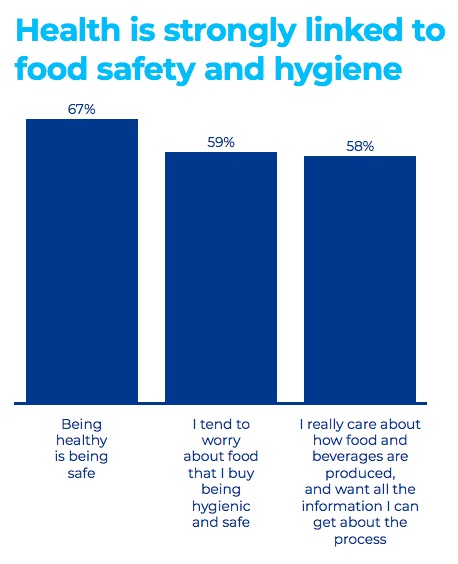Concerns over food safety surge amid raging COVID-19 pandemic
The COVID-19 pandemic that continues to wreak havoc across the globe has significantly raised concerns about food safety.
Consumers have become more concerned about not just what they eat, but also whether their food was properly handled before they reached their dining tables.
The latest Tetra Pak index, its 13th edition, revealed this dramatic shift in consumer concerns.
“More than 50 percent of consumers not only believe that improving food safety is the responsibility of manufacturers, they see it as the number one issue that companies need to tackle now and in the future,” it said.
“Health is deeply connected to heightened issues of food safety and hygiene: with two-thirds of consumers saying that being healthy is being safe and 60 percent of consumers globally saying they worry about the food they buy being hygienic and safe,” it added.
Article continues after this advertisementIn the Philippines and other Asian countries where wet markets are part of daily life, concerns over food safety raised the possibility of doing away with the culture of touching produce to check its freshness, and of grains being displayed out in the open.
Article continues after this advertisementLabeling products may be a solution, but Tetra Pak said these labels must not be confusing for consumers.
For the interviewed respondents, packaging is key to ensuring food safety. The majority also indicated the use of sustainable packaging as one of the top issues that food and beverage brands must work on.
While the coronavirus is not known to be transmitted by food or its packaging, unsanitary practices could facilitate its spread. This has prompted the “touch-free era” among the consuming public who have developed a laser-like focus on food handling practices as new diseases—both affecting humans and animals—are beginning to emerge.
“COVID-19 has accelerated trends and created a new landscape of consumer needs and opportunities for companies to build on, urging the industry to address the twin goals of meeting the human need for food while protecting our planet’s ecosystem,” said Michael Wu, managing director of Tetra Pak Malaysia, Singapore and Indonesia.
In line with these findings, Tetra Pak is investing in creating the “ultimate sustainable food package: a carton package solely made from responsibly sourced renewable materials, fully recyclable and carbon-neutral, allowing ambient distribution and meeting food safety requirements.”
Philippine manufacturers should take note, as discussions on the country’s vulnerability to climate change have also amped up initiatives to reduce the environmental impact of plastic packaging—the most common material used to store food.
It has also heightened people’s awareness of the impact of food waste, with 77 percent of respondents seeing food waste as a key challenge. It is also the top environmental issue that consumers believe they can have a significant impact on, and one of the top three priorities for manufacturers.
All these sentiments, Tetra Pak said, are expected to grow as the world strives to feed its growing population while addressing concerns over food safety.

